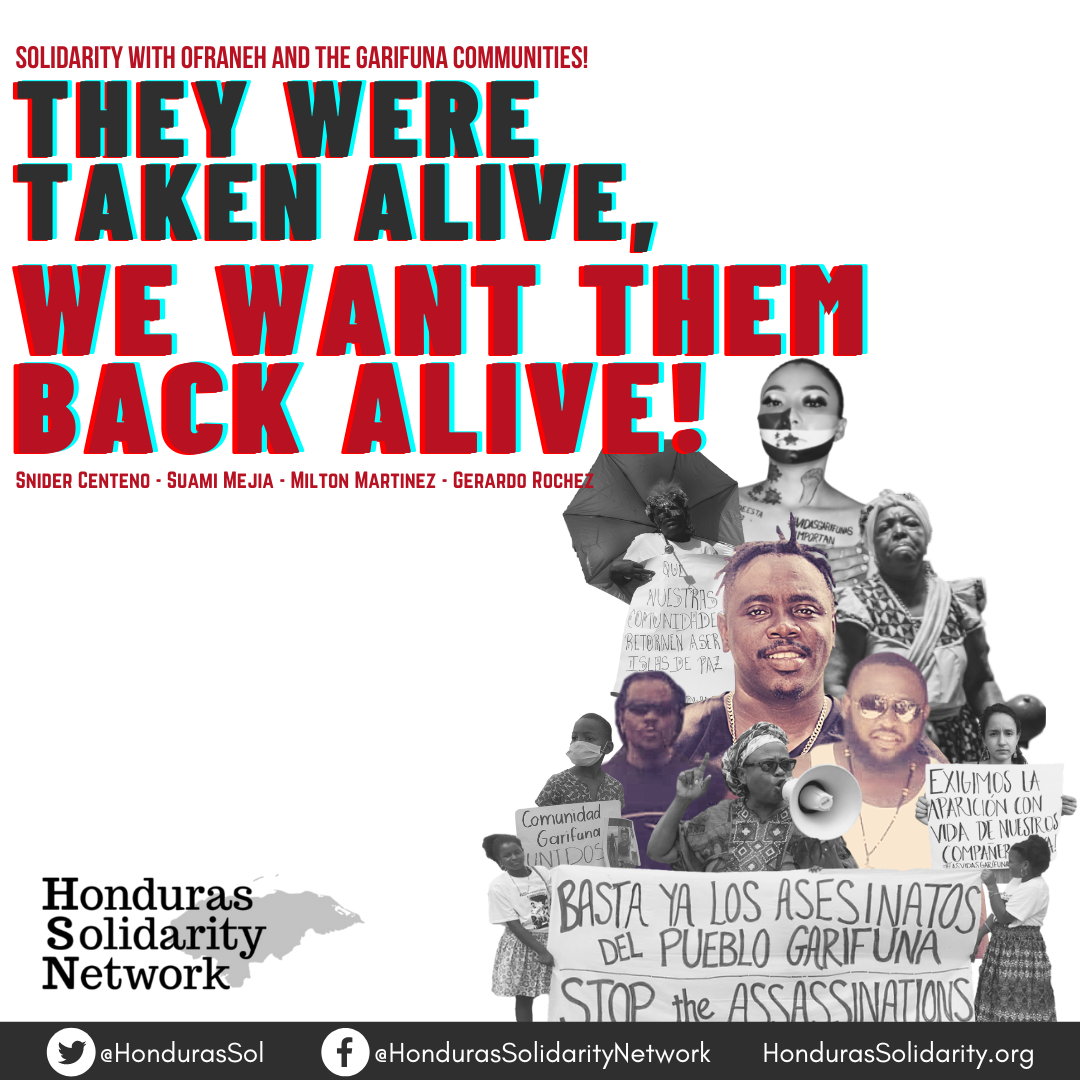The United States Southern Command (USSOUTHCOM), who is in command of all US military forces deployed across Latin America, developed a seminar called "Honduras Human Righst initiative, gender equitz and international humanitarian law" to strengthen the knowledge and awareness of human rights issues within the Honduran Armed Forces. "The president and commander general of the Armed Forces, Xiomara Castro, is committed to strengthening the professionalization of our Armed Forces, creating spaces for military training based on respect and protection of human rights," said the Minister of Defense and Castro's nephew-in-law, José Manuel Zelaya. Human rights groups are questioning the extent and effectivity of that training. Historically, the Armed Forces have been characterized for violating and lacerating the human rights of Hondurans, in the recent past they perpetrated the crime of the 2009 coup d'état that left more than twenty people murdered without so far the military involved facing justice.


